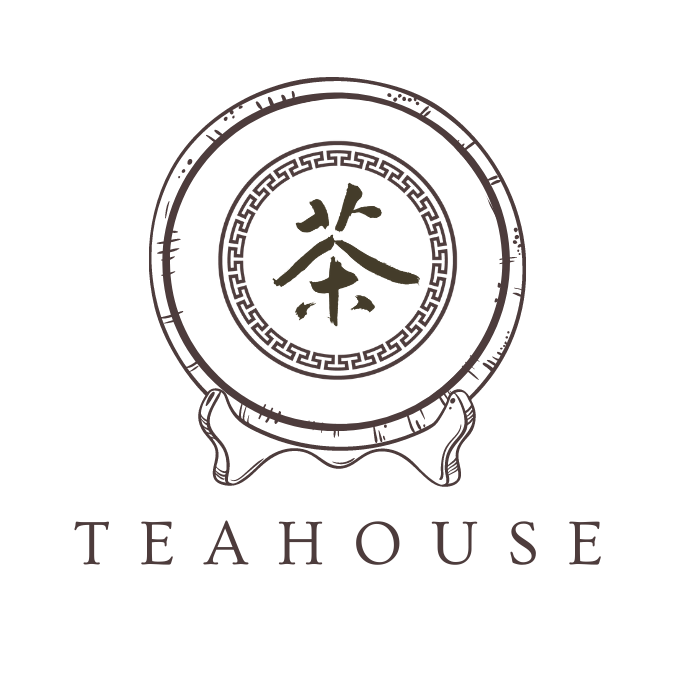
18 Jul What Collin Morikawa’s Victory means to me as a Newly Ordained Priest
Earlier today, Collin Morikawa, an American professional golfer of Japanese and Chinese descent, won the 149th Open Championship. In a sport that has yet to deal with its racist past, Morikawa’s win provides someone like me with hope—not just as an amateur golfer—but as a recently ordained priest in another institution that many feel has yet to confront the legacy of its racist past.
My feelings might best be expressed through some thoughts I recorded three months ago when Japanese golfer, Hideki Matsuyama, won The PGA Masters and that resonate just as strongly with Morikawa’s recent win.
A couple of days ago, Hideki Matsuyama became the first Japanese golfer to win The Masters at Augusta. For the uninitiated, this is golf’s most illustrious prize. The winner is awarded a coveted green jacket that is only worn by past masters. It is a pretty exclusive club. When Hideki sunk the winning putt, something in me rejoiced. I rejoiced at seeing an East-Asian excel during a time when anti-Asian hate crimes in the U.K. have risen by 300% and where the hashtag ‘Stop Asian Hate’ has increased more than 5,000%, according to Google Trends.
Having grown up playing golf since the age of 10, I was obviously moved by Hideki’s achievement. But what I didn’t expect was the emotion that overwhelmed me during the jacket-presentation ceremony that takes place immediately after the victory. Rather unexpectedly, my eyes filled with tears when the room—comprised of white men—stood up for Dustin Johnson to place the prestigious green jacket on Hideki’s shoulders. After blinking away my tears, I slowly began to recall a conversation I had with my father when I was just 13 years old.

It was always my father’s dream for us to play golf together on the weekends, “just dad-and-lad”, he would call it. One afternoon, when we were walking towards our next shots, I asked my father why we were members of Tredegar Park Golf Club and not xxxxxxx, which was much nicer. A pretty innocuous question I thought, but I will never forget my father’s response.
My father stopped walking, turned towards me and said, “I was black balled.” Knowing I had no idea what this meant, he proceeded to explain that when he applied to join xxxxxxx, he was required to find a proposer and a seconder, which he duly did. The decision then went to a committee where a secret ballot took place. It transpired that one individual in the room rejected my father’s application—he had been “black balled”—and was subsequently rejected. That’s why we were members of Tredegar Park.
My father turned to carry on walking, when he hesitated and looked back at me. He then told me that one of his friends—who happened to be on the committee—informed him that the person who had “black balled” him had let slip in the bar that it was because he didn’t want my father’s “kind” in the club. My father’s friend felt he should know. My father asked me if I understood, to which I nodded, and we carried on walking.
After a time, I looked up at my father and asked why his friend was now playing at Tredegar Park and no longer at xxxxxxx. This was the only time I recall my father smiling during the conversation, “Because he was the only good man. He didn’t want to be part of those bastards and left.”
In the years that followed, my father and I would stay up late to watch The Masters together, usually with a bucket of Kentucky Fried Chicken on a picnic blanket in front of the television. These are some of my happiest memories. Even after I left home, we would message each other across time-zones to chat about the tournament.

Sadly, my father didn’t get to see Hideki Matsuyama win The Masters yesterday. My beloved father passed away last year. He didn’t get to see the golfing establishment stand and welcome an East-Asian into the club. He would have been so proud. Dad, thank you for preparing me for the ugly realities of this world we live in. I’m sorry that you and Mum had to suffer it.
As mentioned above, I was recently ordained priest in the Church of England—two weeks and one day ago to be exact. Whilst a green jacket played no part in my ordination ceremony, I did get put on a very special green stole today—a liturgical garment worn by priests and a precious gift from my church in Hong Kong—as I led the Eucharist (The Lord’s Supper, Holy Communion) for the first time at my church.
Like other clergy of Chinese heritage that I have met through The Teahouse, I know that I am called by God to serve in the Church of England. Whether I will be fully accepted is a question that still troubles me, but having observed the recent successes of Morikawa and Matsuyama, I remain hopeful that the Church of England—like the PGA—will one day offer the same opportunities and welcome to folk like my Father who have not always enjoyed the privilege of belonging.



Sorry, the comment form is closed at this time.